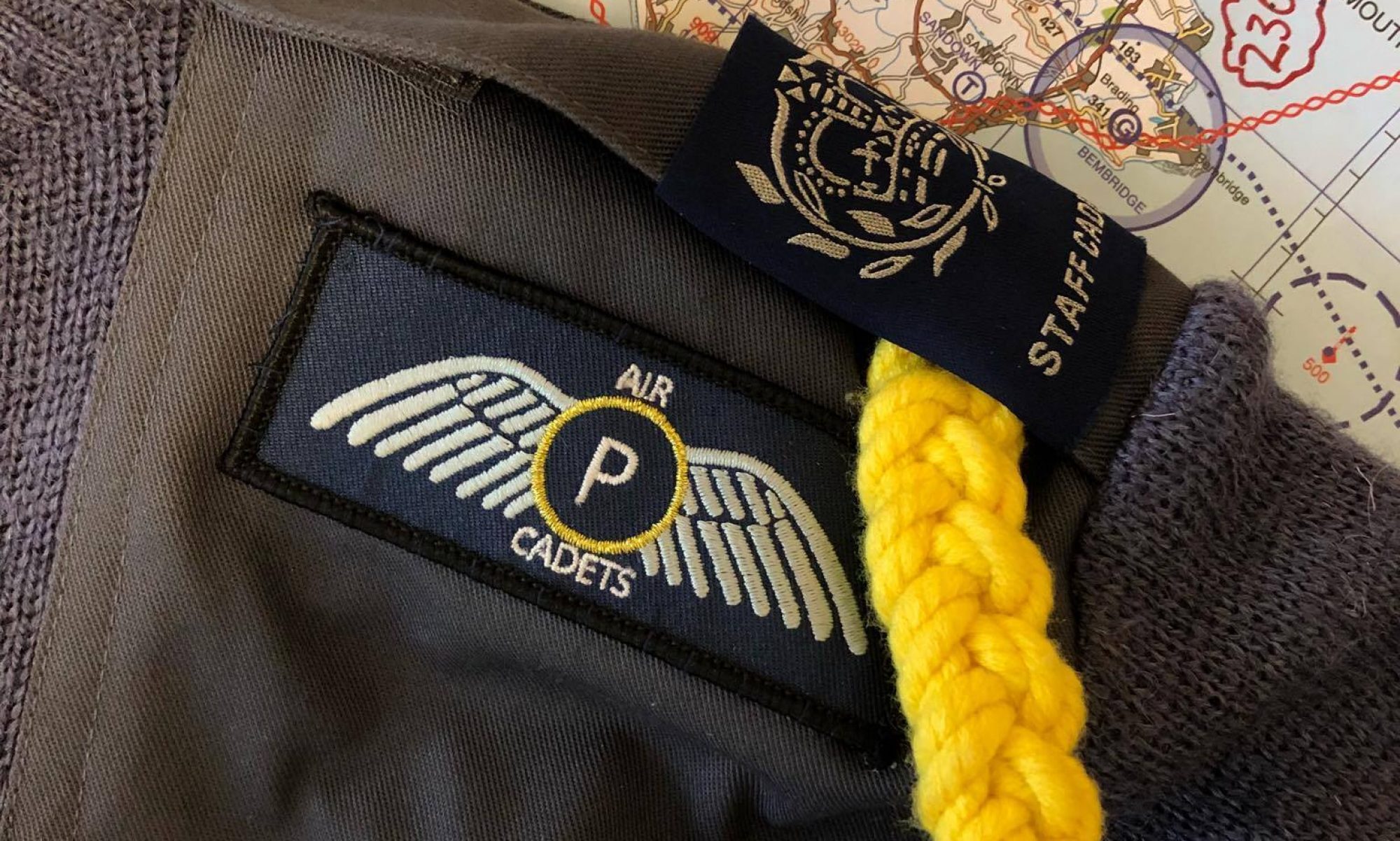This year sees two cadets from Bristol & Gloucestershire Wing on the Qualified Aerospace Instructors Course (QAIC) at MoD Boscombe Down.
QAIC runs from September to Easter and culminates in a graduation ceremony held in the Officers’ Mess at RAF Linton-on-Ouse, Yorkshire.
Cadet White (aka callsign CASPAR) from 1245 (Cirencester) and Cadet Woodrow (aka callsign WALDO) from 2442 (Westbury on Trym) are both very committed cadets and both work brilliantly in their syndicates. However, over Christmas they will be working hard on their Air Power essays and their 45 minute presentations, which they present to an Air Officer, the QAIC teaching team, their fellow students, Regional Commandants and officers from around the country.
Calling notices for QAIC 8 (2015) will be out early summer.
For those who want to know what QAIC is:
History
The course was first formed in September 2008 when 20 high calibre cadets from across North Region were selected to join QAIC 1, operating from the Regional Activity Centre at RAF Linton on Ouse. The course was an outstanding success and in 2011 a second centre opened at MoD Boscombe down. Along the way the achievements of the students have been recognised by the Institute of Leadership and Management who offer an ILM Level 2 Certificate to graduating students and by the Royal Aeronautical Society who offer affiliated membership.
Culture
The culture of the course is extremely important and an adult environment is encouraged where the students are trusted to pace their own work to achieve the required standards and deadlines. To establish a strong course identity, all students are issued with course badges, T-shirts and name badges and all wear flying suits throughout the course. In common with RAF Sqns the students adopt “callsigns” or nicknames that stay with them through the course and are shown on their flying suit name badges. QAIC students pride themselves on excellence in everything they do, how to apply themselves to their studies, how they dress, how they behave and how they treat each other.
Course
Each course starts in early September with a Selection weekend. This is followed by six training weekends culminating in a Graduation week just before Easter. The training weekends consist of eight modules and you can find details of these on the modules page.
The course is demanding and requires the students to build on the work during the training weekends to develop presentations and study additional subjects. It requires self discipline and determination but is great fun and very rewarding.

